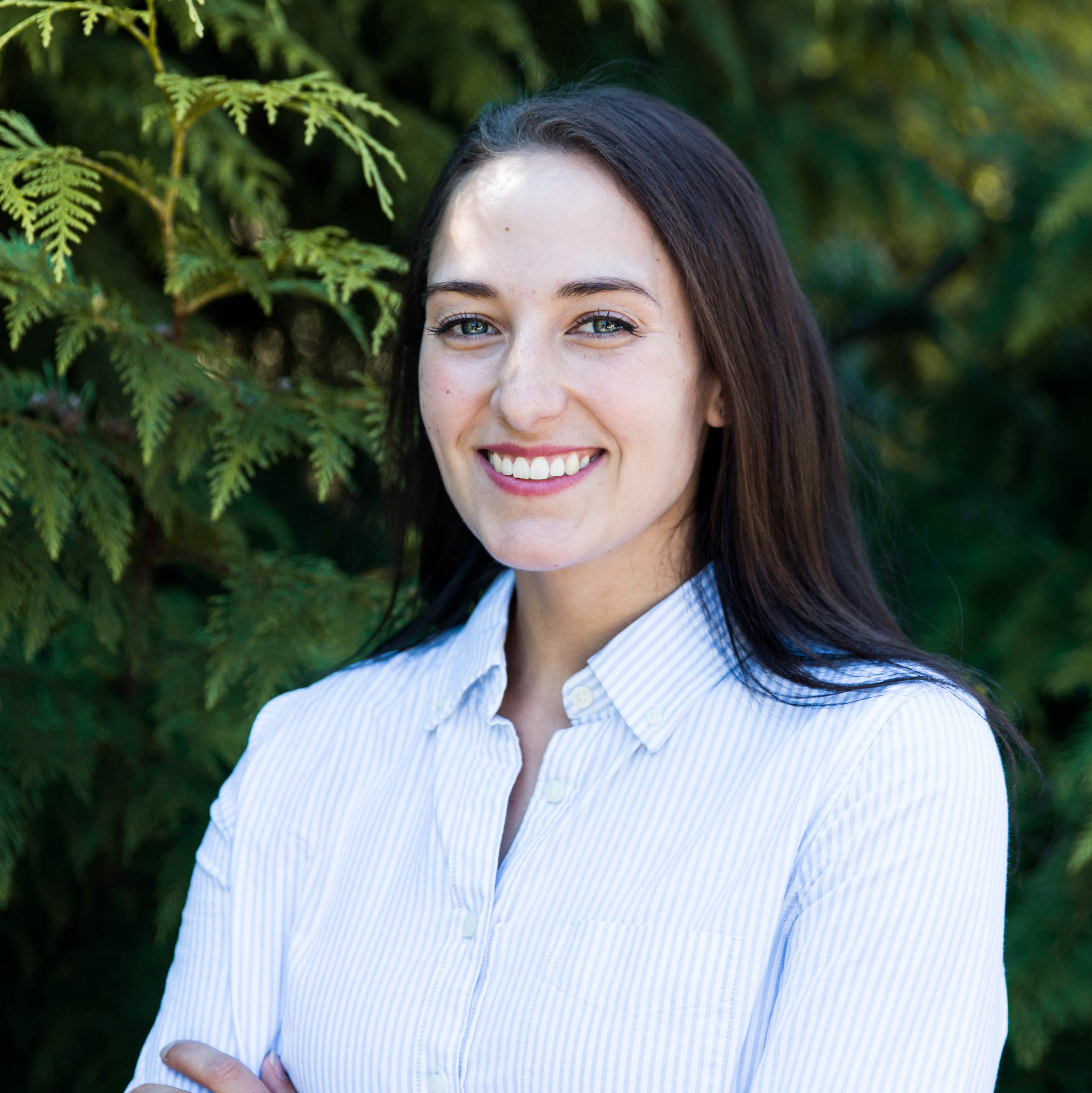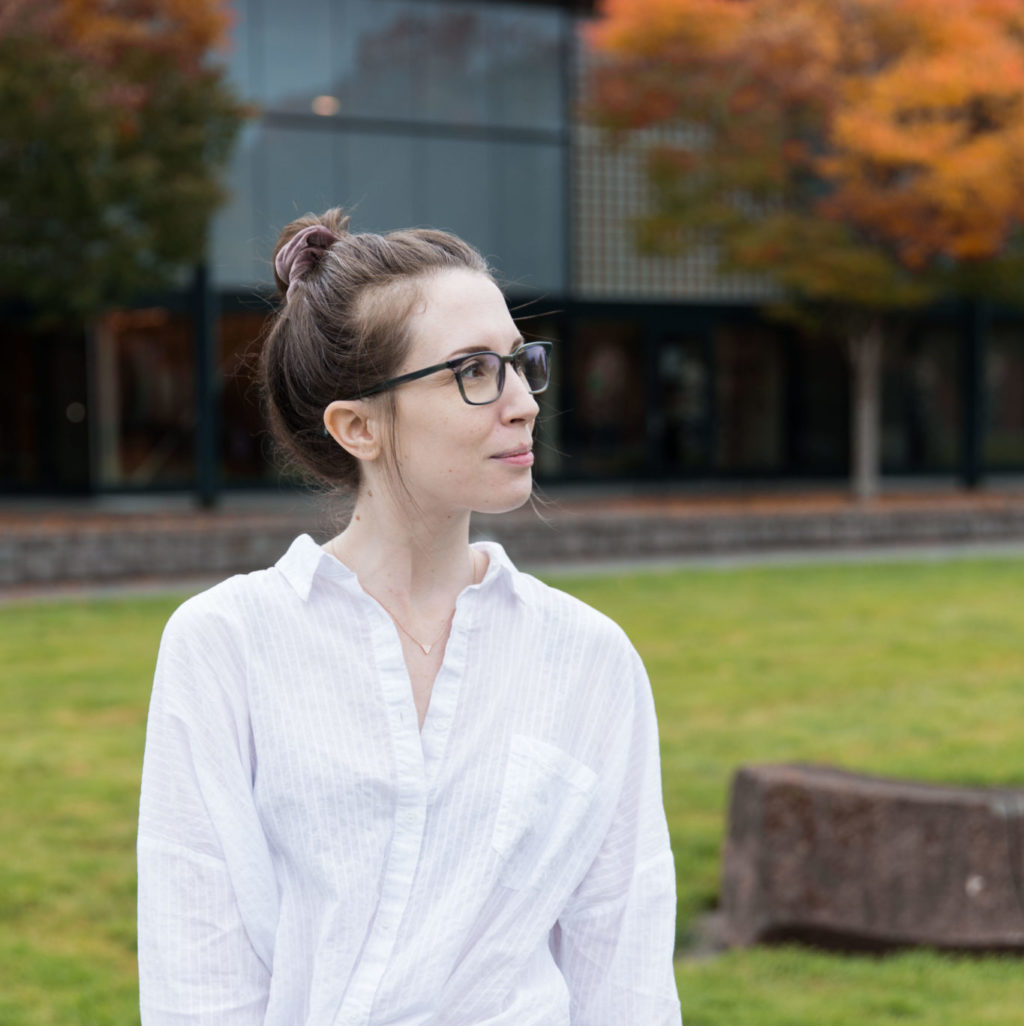With 2020 just around the corner, WSU Vancouver students share whether or not they partake in the tradition of making New Year’s resolutions and why.
When the final day of the year, Dec. 31, rolls around, many scramble to set resolutions to lead a better lifestyle. According to US News, 80% of New Year’s resolutions fail by February. Whether you keep your resolution or not, some VanCougs believe resolutions offer benefits either way.
The tradition of New Year’s resolutions has been around for thousands of years. According to History.com, the tradition’s origins come from ancient Babylon and Rome.
Today, many people around the world make New Year’s resolutions, perhaps to eat healthier, work out, travel or to be more organized.
Senior neuroscience/biology major and student media board chair, Vince Chavez, finds New Year’s resolutions ineffective. “I feel that it gives people an excuse to put goals off,” Chavez said. He explained there are few individuals who have the drive and motivation to be successful with their resolutions.
“Many goals are not specific and require lifestyle changes that do not come without intentional thought, planning and action,” Chavez said.
Chavez, who does not make New Year’s resolutions, said he makes goals incrementally throughout the year, but not on Dec. 31. “I have lifestyle goals right now of shifting my diet towards plant-based and trying to exercise a few times a week. These are lifetime goals that I will work towards over long periods of time, but I know the best time to start is now,” Chavez explained.
On the other end of the spectrum is Holly Slocum, senior digital technology and culture major is and a big believer in resolutions, whether they are fulfilled or not. “I make a New Year’s resolution every year. My birthday is December 31, so it really feels like a fresh start. But by the time March hits, it’s all out the window. I’m too busy focusing on other things or trying to accomplish other goals,” Slocum said. “One of my big resolutions for myself is time management. Don’t take on more than you can chew. And everyone that knows me, knows that I utterly fail at that.”
Digital technology and culture program director, Dene Grigar, weighed in on her student’s opinion of resolutions. “It’s a way to set goals and look ahead. Most people live in the present. Not even in the present, but in the virtual present, because they’re on their phones all the time. So to be in the future and think about how you can plan out your life is a very positive thing,” Grigar said.
Grigar explained that even if resolutions and goals fail, the process of making them is a positive thing. “I don’t see any failures of resolution as a failure. Failing is good because it’s a learning process. You’re learning how to fix the problems,” Grigar said. “Those aren’t failures, those are learning opportunities. So even a failed resolution is an opportunity to learn.”
Slocum said that even if resolutions are a popular trend, she does not see them as shallow. “Even if you fail, you still made an attempt at something. You still had enough self-awareness to identify something that you want for yourself,” Slocum said. “What’s wrong with having an excuse that truly does feel like a fresh start for a lot of people?”
The VanCougar staff wishes all VanCougs a happy new year full of accomplished goals, whether those goals be set on Dec. 31 or any other day of the year.

Krysten Stewart is a junior at WSU Vancouver pursuing an English degree.
